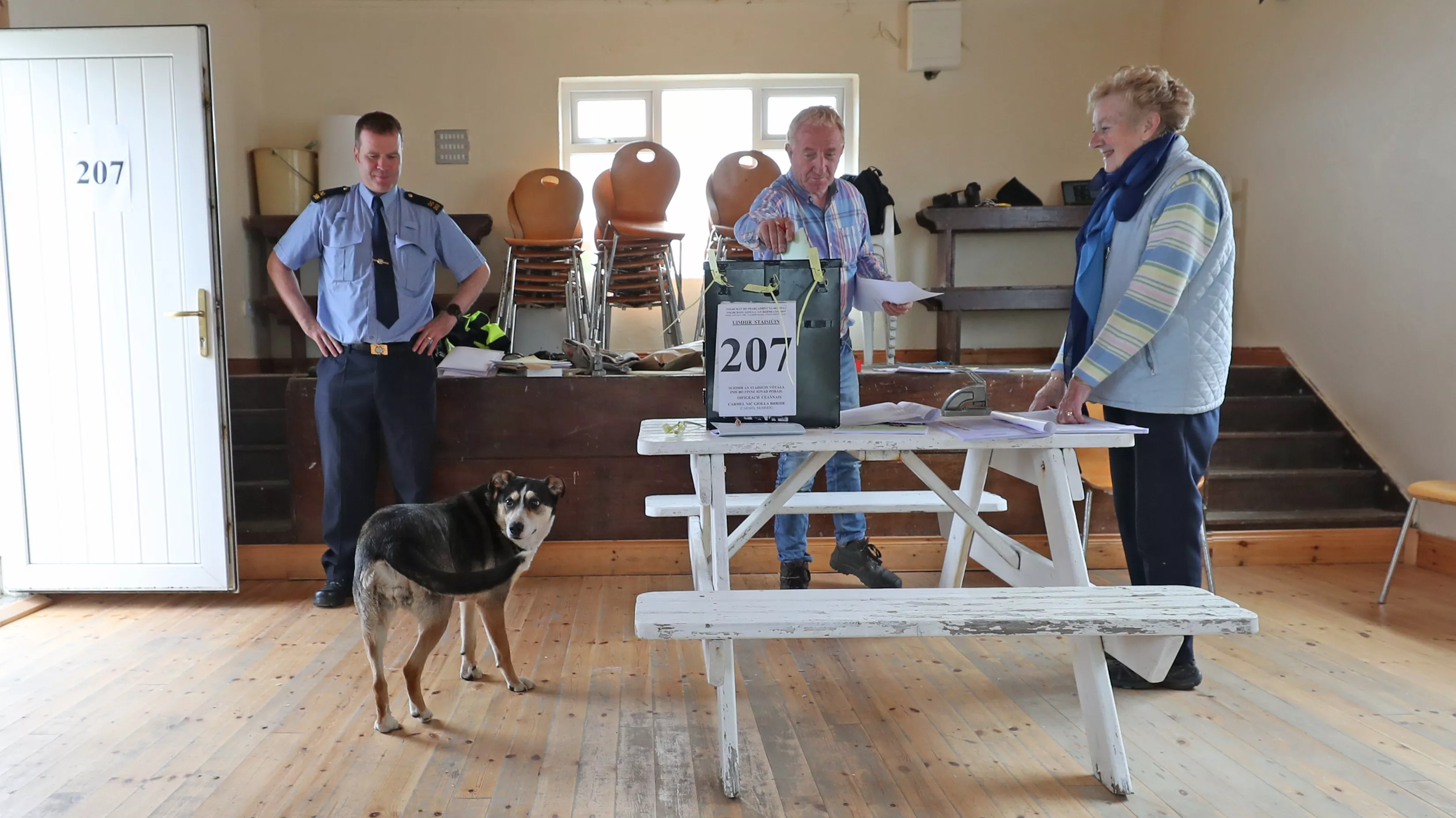
Voting has begun as Ireland chooses members of the European Parliament as well as new local councillors.
Two of the 13 elected face an uncertain wait as to when they can take their seats due to the Brexit delay.
Ireland is receiving two of the 27 places formerly reserved for the UK which are being redistributed among 14 member states.
Voters in Cork, Waterford and Limerick will also be able to participate in separate plebiscites on government proposals to create directly elected city mayoral positions with executive functions.
Counting in the local elections and divorce referendum will begin on Saturday morning.
Polling at around 5% here in Carrick-on-Suir, Tipperary #elections2019 🗳 pic.twitter.com/5c3oo6U2uD
— Beat 102 103 (@beat102103) May 24, 2019
There were people queuing up to vote before polls opened in Ballygunner this morning! We’ll have updates on air and online throughout the day #Elections2019 🗳 pic.twitter.com/LjzISyNQDP
— Beat 102 103 (@beat102103) May 24, 2019
Rachel Kiely is Presiding Officer in Ballygunner, County Waterford:
Gerry Tobin is Presiding Officer in Carrick on Suir, County Tipperary:
The European election count for Ireland’s three constituencies – Dublin, South, and Midlands-North-West – will commence on Sunday morning at centres in Dublin, Cork and Castlebar, Co Mayo.
A Europe-wide embargo means the first results in that poll cannot be declared until 10pm that night. If previous elections are a guide, counting is likely to continue through into Monday.
Counting in the mayoral plebiscites is likely to get under way in the three impacted cities on the Monday.
The European and local government elections will be the first electoral test for Ireland’s main parties since the inconclusive general election of 2016.
The result delivered a hung parliament and precipitated months of negotiations between Fine Gael and Fianna Fail, two parties with a century-old enmity dating back to Ireland’s Civil War.
A historic accord emerged that saw Fianna Fail agree to support a minority Fine Gael-led government through a confidence and supply deal for three years.
The parties renewed that arrangement late last year, extending what has been dubbed an era of “new politics” until early 2020.
While Friday’s elections focus on European and council issues, the results will no doubt be interpreted as a public judgment on Fine Gael’s performance in government and how effectively Fianna Fail has managed the delicate balancing act of holding an administration to account while at the same time propping it up.
Other smaller parties in the Oireachtas parliament, such as Sinn Fein, the Green Party and Labour, will hope to be the beneficiaries of any potential public disaffection with “new politics”.- Press Association






